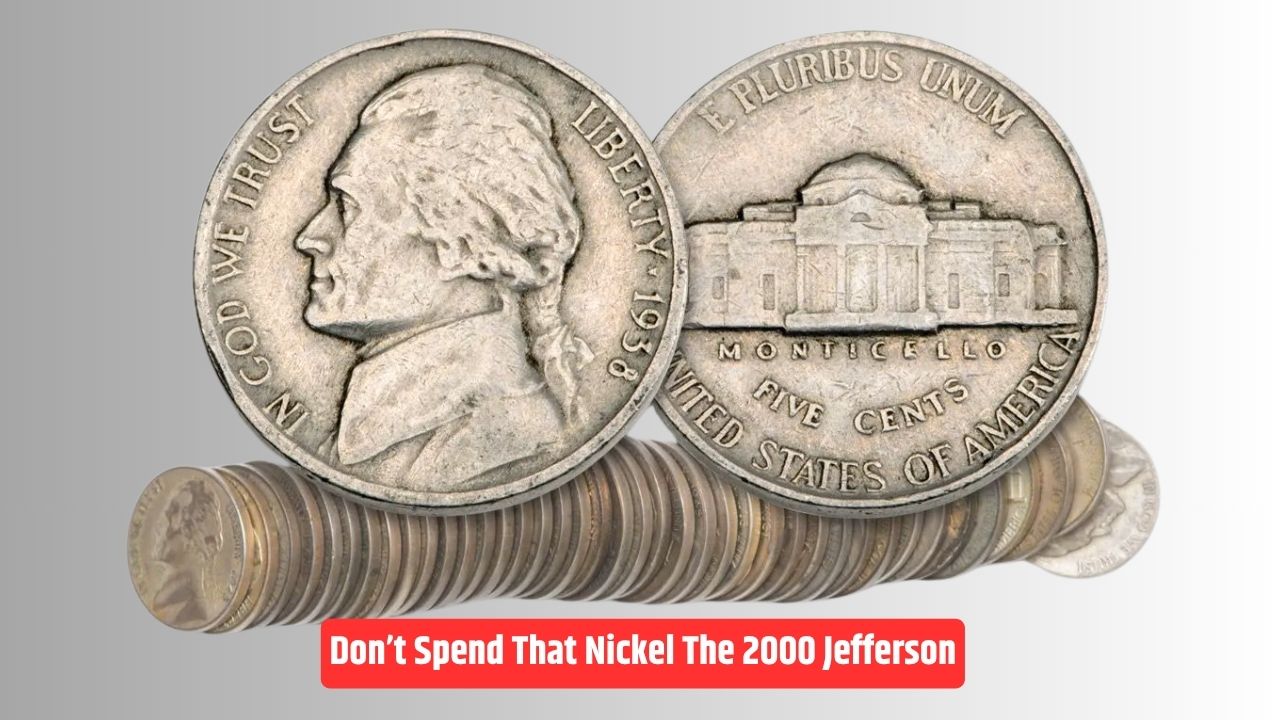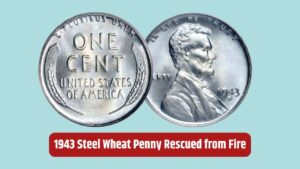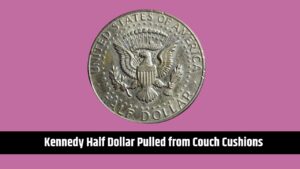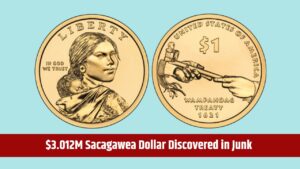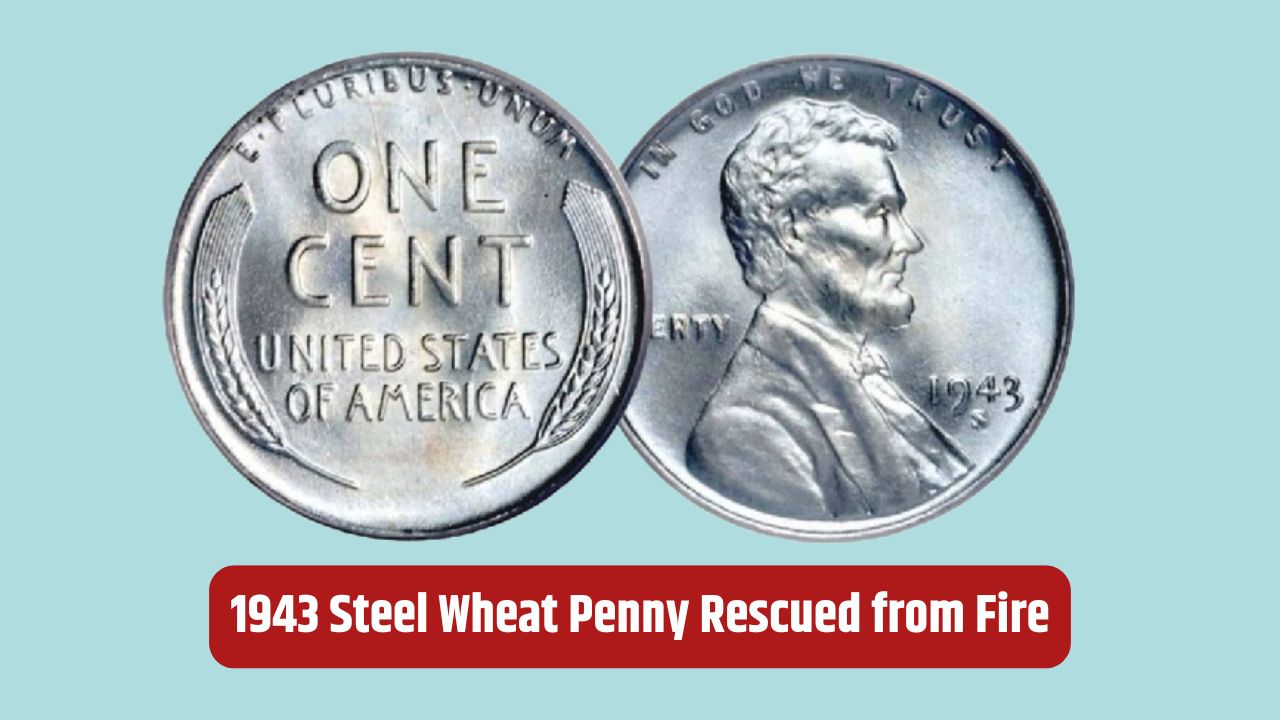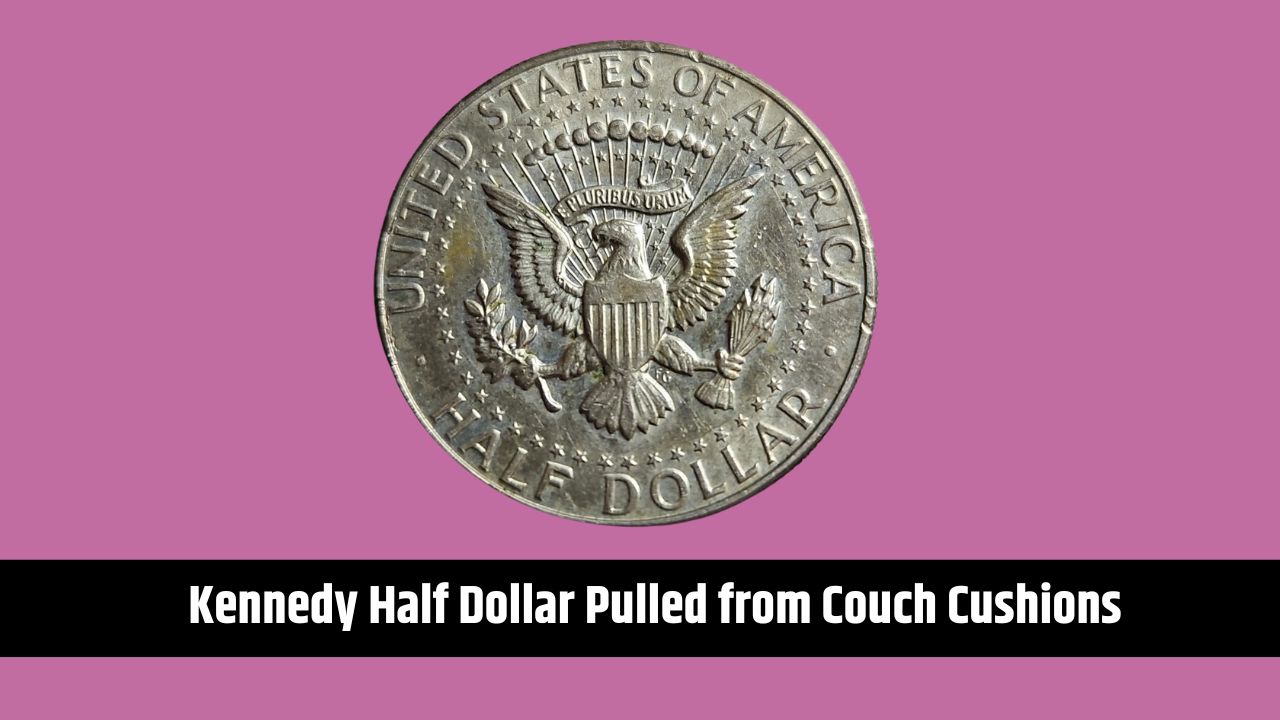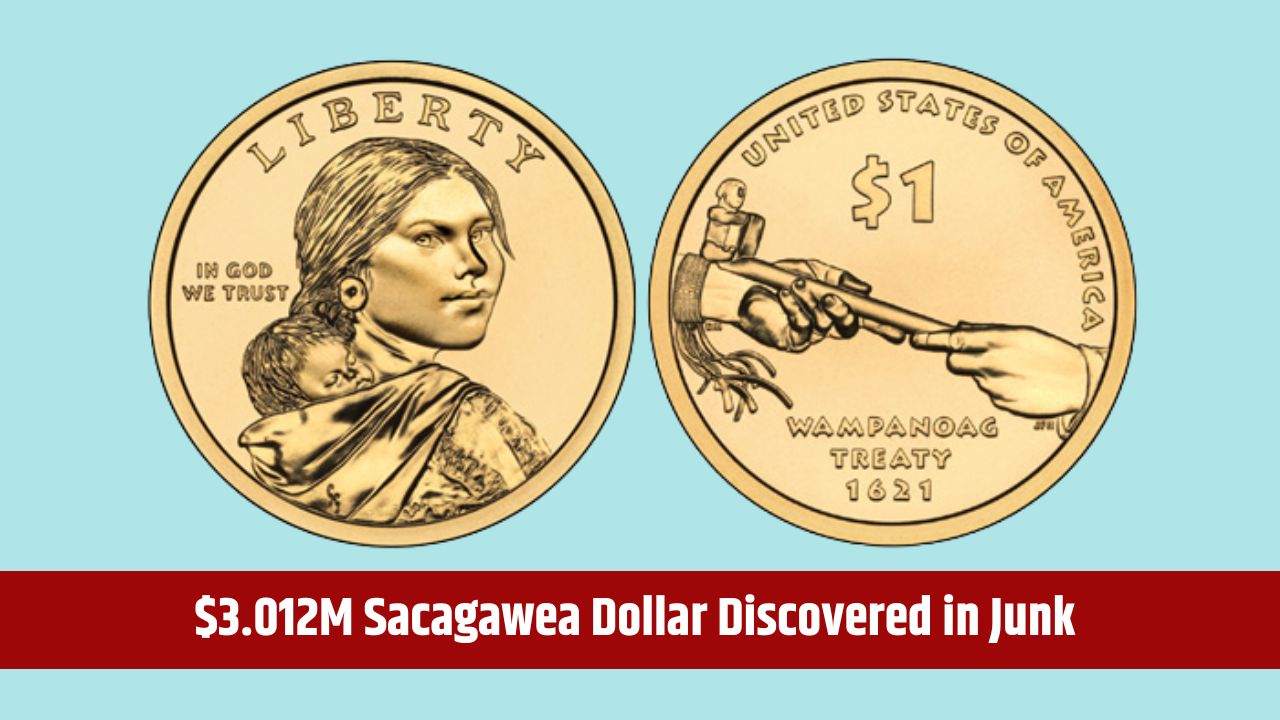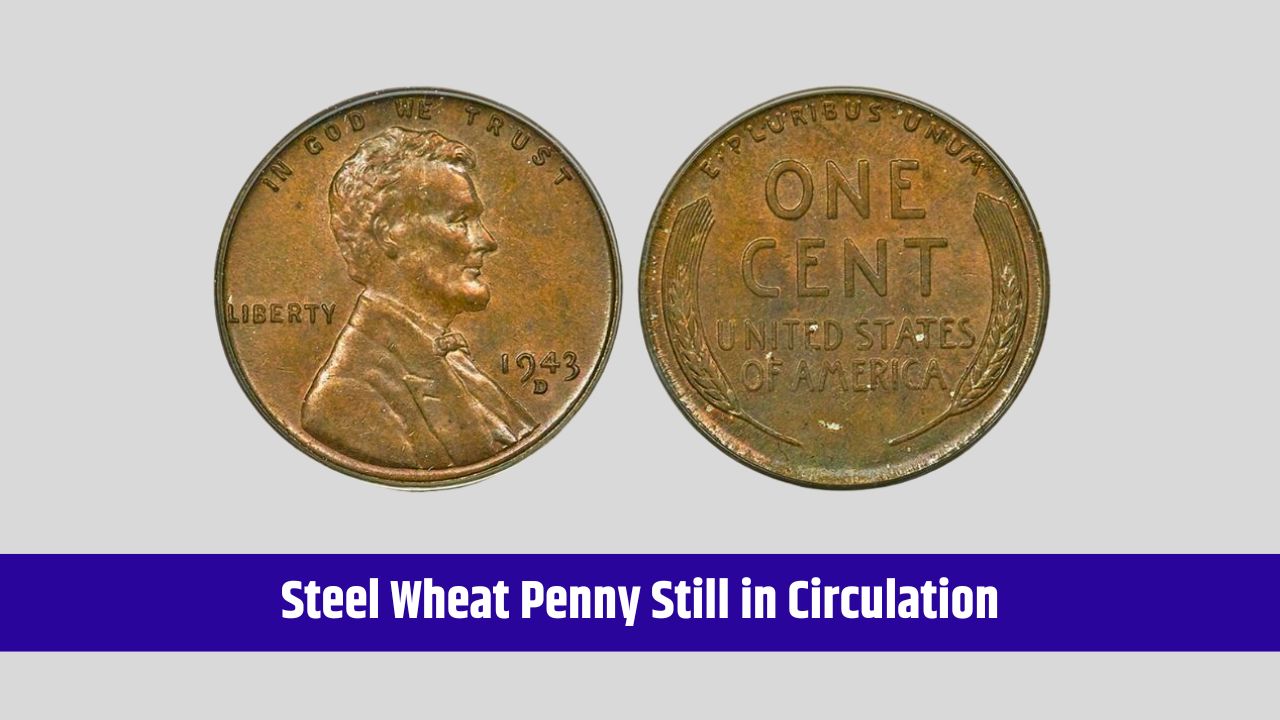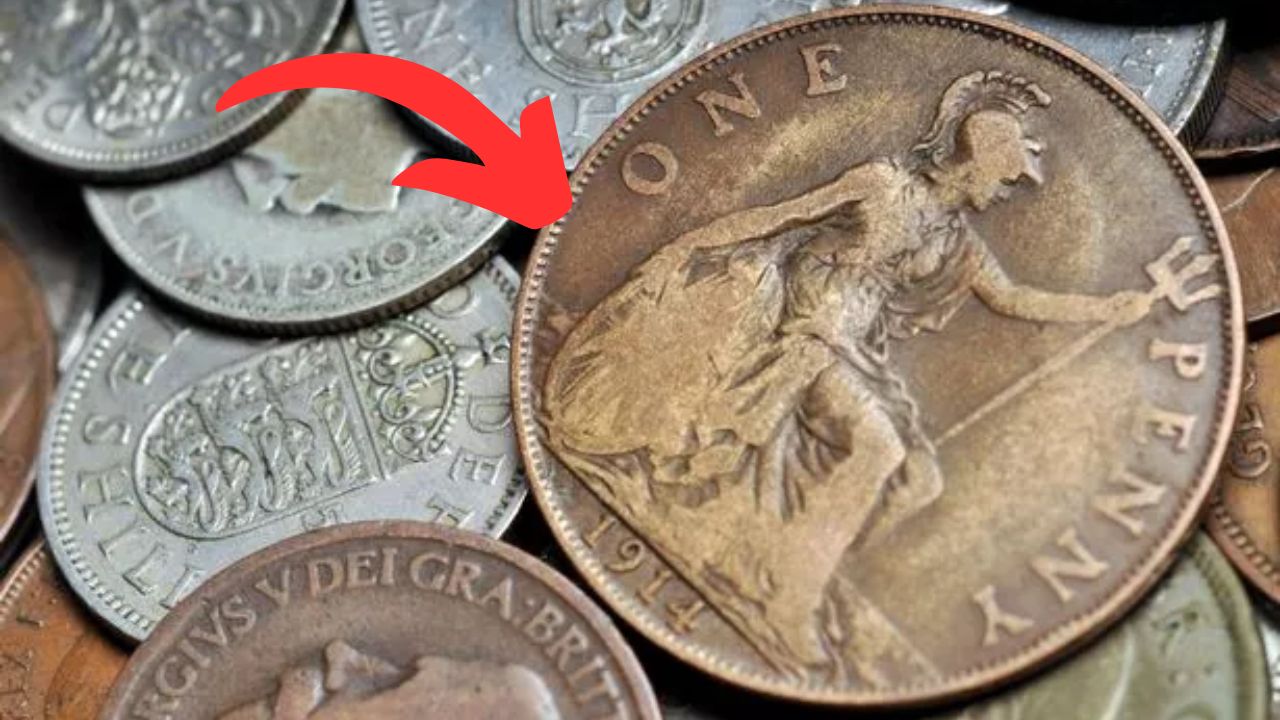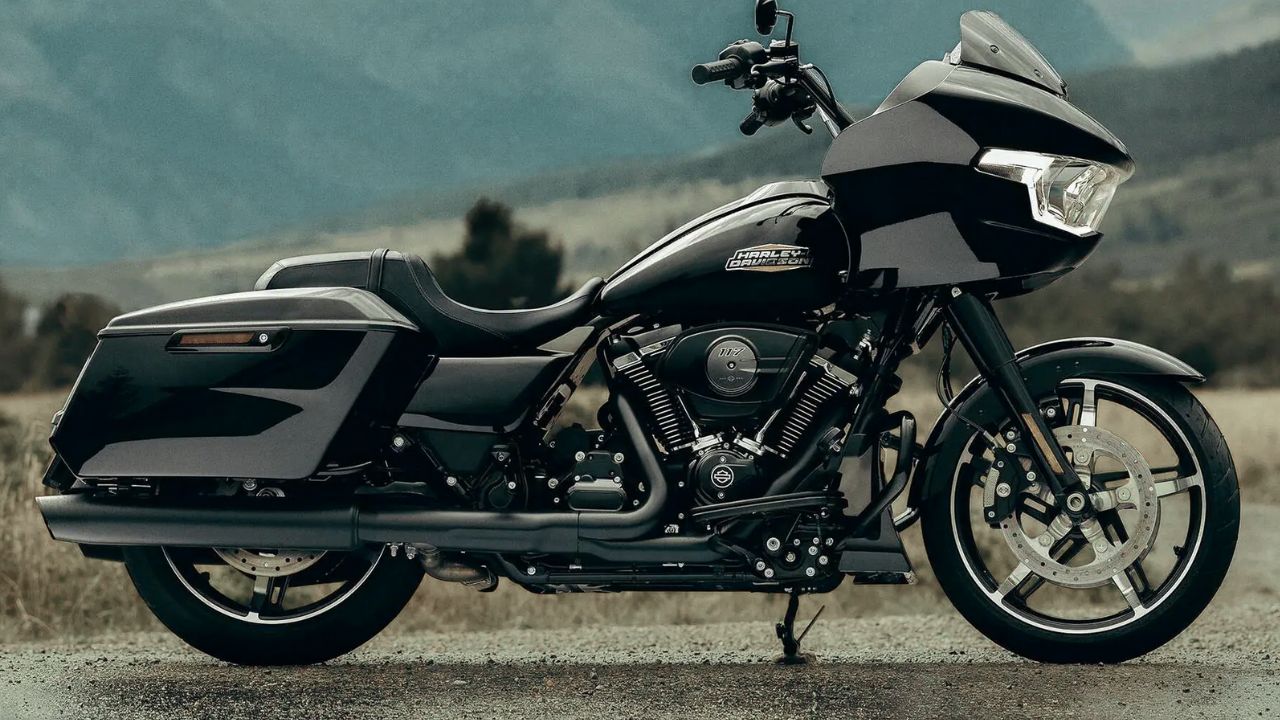A Surprise in Your Pocket: The 2000 Jefferson Nickel That Could Be Worth Thousands
Think a nickel is only worth five cents? Think again. If you’ve got a 2000 Jefferson nickel, especially one minted in Philadelphia (look for the “P” mint mark), you could be holding onto a valuable collector’s item. Some of these coins contain rare minting errors that can make them worth hundreds—or even thousands—of dollars. That humble piece of change might just be a small treasure.
Why the 2000 Jefferson Nickel Is Valuable
Most nickels minted in 2000 are ordinary, but a few escaped the U.S. Mint with unusual flaws, making them incredibly valuable to collectors. The most well-known error for this year is the doubled die obverse, where Jefferson’s face or inscriptions like “IN GOD WE TRUST” appear blurry or doubled. Another rare error involves nickels struck on the wrong metal, changing their weight or color entirely.
These aren’t just small differences—these mistakes can turn a common coin into a collector’s jackpot.
Key Differences Between Normal and Error Nickels
| Feature | Standard 2000 Nickel | Rare Error Version |
|---|---|---|
| Material | Copper-nickel blend | May be struck on foreign or experimental metal |
| Weight | 5.0 grams | Varies (often heavier, e.g., 5.5 grams) |
| Obverse Design | Sharp and clean | Doubled or blurry features |
| Mint Mark | P or D | Errors mostly found on “P” nickels |
| Color | Standard silver tone | May appear bronze or copper-colored |
Where to Find One
These rare nickels aren’t just museum pieces—they’re still out there. Since they were minted in 2000, they continue to circulate across the U.S. You might find one:
- In your pocket change
- In a jar of coins at home
- In rolls from your local bank
- At flea markets, yard sales, or coin shows
Collectors advise checking every 2000-P nickel carefully—you never know where one might turn up.
What’s It Worth?
The value of a 2000 Jefferson nickel with an error depends on its rarity, condition, and error type. Here’s what collectors and past sales show:
- Doubled die obverse: $100 to $500 in average condition
- Major doubling or dramatic strike errors: $1,000 or more
- Wrong planchet (wrong metal): Up to $3,000 or higher
- Exceptional finds: In 2018, a 2000-P nickel with a prominent doubled die sold for $20,520 at auction
As awareness increases and collectors compete for rare finds, prices continue to rise.
How to Spot a Valuable 2000 Nickel
If you have a 2000 Jefferson nickel, here’s what to check:
- Look at Jefferson’s face: Does it look blurry or doubled? Check the date and lettering too.
- Weigh the coin: A normal nickel weighs exactly 5.0 grams. Errors might weigh slightly more.
- Check the metal: If it looks bronze or reddish, it could be struck on the wrong planchet.
- Use a magnifier: A close inspection can help spot minor design flaws or doubling.
- Don’t clean it: Cleaning reduces a coin’s value. Leave it in its found state.
- Have it verified: Contact a certified coin dealer or grading service like PCGS or NGC.
Why This Matters
In a world where inflation eats into your wallet, imagine finding out that your nickel is worth more than your monthly car payment—or even your rent. That’s the thrill behind coin collecting: value hiding in plain sight.
Whether you’re a serious numismatist or just someone with a coffee can full of change, it’s worth taking a few minutes to look for the 2000 Jefferson nickel error coins. You don’t need luck—you just need to pay attention.
FAQs:
What is the most valuable 2000 Jefferson nickel ever sold?
A 2000-P nickel with a dramatic doubled die error sold for $20,520 at auction in 2018.
How do I know if my 2000 nickel has an error?
Look for doubling on the face or lettering, weigh it for metal inconsistencies, and check the color. A magnifier helps.
Is the error found only on 2000-P nickels?
Most known errors are on Philadelphia-minted (“P”) nickels, but always check all mint marks.

